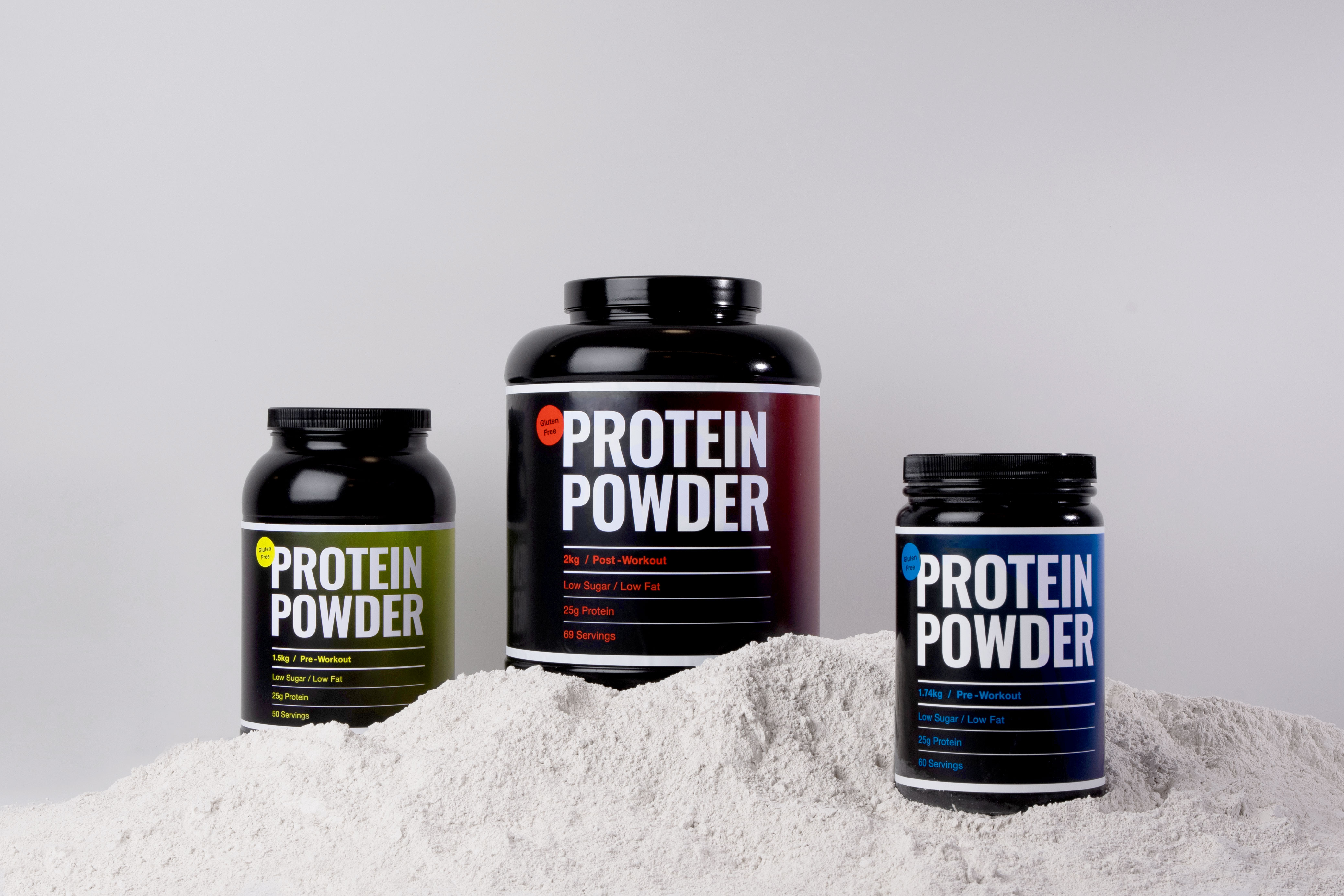Unlock the power of protein for a healthier and stronger you!

The Importance of Protein in Maintaining Muscle Mass
Protein plays a crucial role in maintaining and building muscle mass. When we exercise, our muscles experience microscopic damage, and protein helps repair and rebuild these damaged muscle fibers. Without enough protein, our muscles may struggle to recover and grow.
In addition to aiding muscle repair, protein also helps prevent muscle loss. As we age, we naturally lose muscle mass, which can lead to a decrease in strength and mobility. Consuming enough protein can help slow down this muscle loss and preserve our muscle mass as we get older.
Whether you're an athlete looking to enhance your performance or simply want to maintain a strong and toned physique, ensuring an adequate protein intake is essential. It provides the building blocks necessary for muscle growth and repair, helping you achieve your fitness goals.
Protein's Role in Weight Management and Metabolism

Protein is not only important for muscle health but also plays a significant role in weight management and metabolism. Including protein-rich foods in your diet can help you feel fuller for longer, reducing the chances of overeating and promoting weight loss.
One reason protein promotes satiety is its effect on appetite-regulating hormones. Consuming protein triggers the release of hormones that signal fullness to the brain, helping to control hunger and cravings. By including protein in your meals and snacks, you can curb your appetite and avoid excessive calorie intake.
Furthermore, protein has a higher thermic effect compared to carbohydrates and fats, meaning that it requires more energy to digest and metabolize. This increased energy expenditure can boost your metabolism and support weight loss efforts.
To maintain a healthy weight and support your overall well-being, aim to incorporate protein into each of your meals and snacks. It will not only help you feel satisfied but also contribute to a more efficient metabolism.
How Protein Boosts Immune Function
Protein plays a vital role in supporting a strong immune system. It is involved in the production of antibodies, which are proteins that help fight off infections and protect against harmful pathogens.
Additionally, protein is necessary for the synthesis of immune cells, such as white blood cells, which are responsible for detecting and destroying foreign invaders in the body. Without sufficient protein, our immune system may become compromised, increasing the risk of illness and infection.
By ensuring an adequate protein intake, you can strengthen your immune system and enhance your body's ability to defend against illnesses. Including protein-rich foods in your diet, such as lean meats, poultry, fish, legumes, and dairy products, can provide the necessary nutrients to support optimal immune function.
Top Protein-Rich Foods to Include in Your Diet
Including a variety of protein-rich foods in your diet is essential for meeting your daily protein needs. Here are some top protein sources to consider:
- Lean meats, such as chicken, turkey, and beef
- Fish and seafood, including salmon, tuna, and shrimp
- Eggs, which are a complete source of protein
- Dairy products, like milk, yogurt, and cheese
- Legumes, such as beans, lentils, and chickpeas
- Nuts and seeds, including almonds, walnuts, and chia seeds
- Tofu and tempeh, which are plant-based protein options
By incorporating these protein-rich foods into your meals and snacks, you can ensure you're getting a diverse range of essential amino acids and meeting your daily protein requirements.
Tips for Meeting Your Daily Protein Needs

Meeting your daily protein needs doesn't have to be complicated. Here are some tips to help you reach your protein goals:
- Plan your meals and snacks in advance to ensure you include protein-rich foods in each meal.
- Experiment with different cooking methods to make your protein sources more enjoyable. Try grilling, baking, or roasting meats, fish, or tofu.
- Opt for lean protein sources to minimize saturated fat intake. Choose skinless poultry, lean cuts of meat, and low-fat dairy products.
- Incorporate plant-based protein options into your diet, such as legumes, tofu, and quinoa, for variety and to cater to different dietary preferences.
- Consider using protein supplements, such as protein powders or bars, to supplement your protein intake, especially if you have increased protein needs or find it challenging to meet your requirements through food alone.
By implementing these tips, you can ensure you're meeting your daily protein needs and reaping the numerous health benefits that protein provides.
.png)